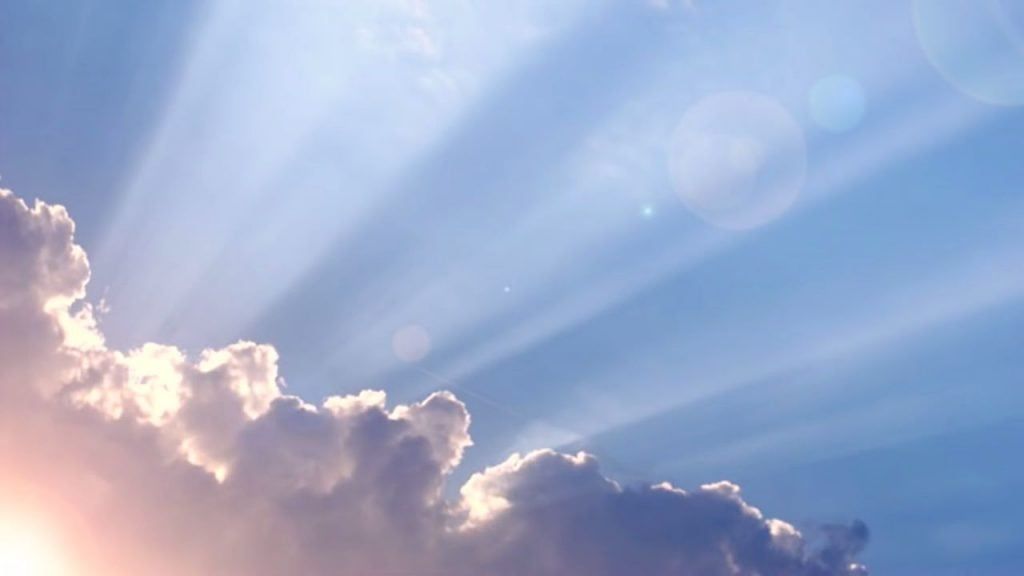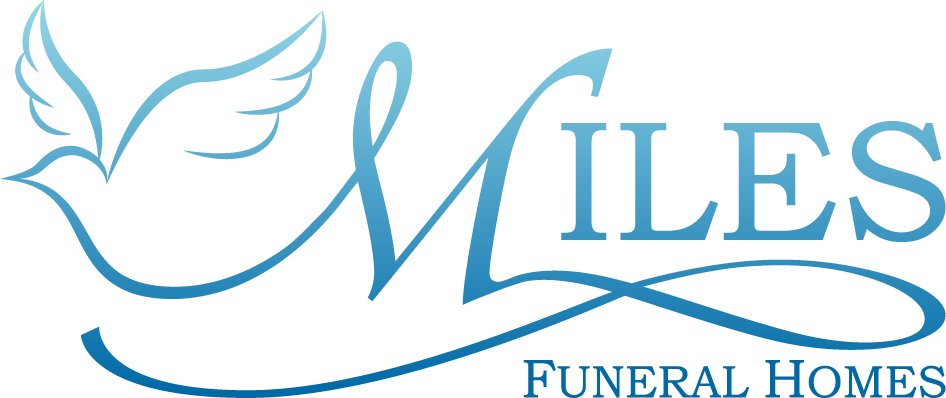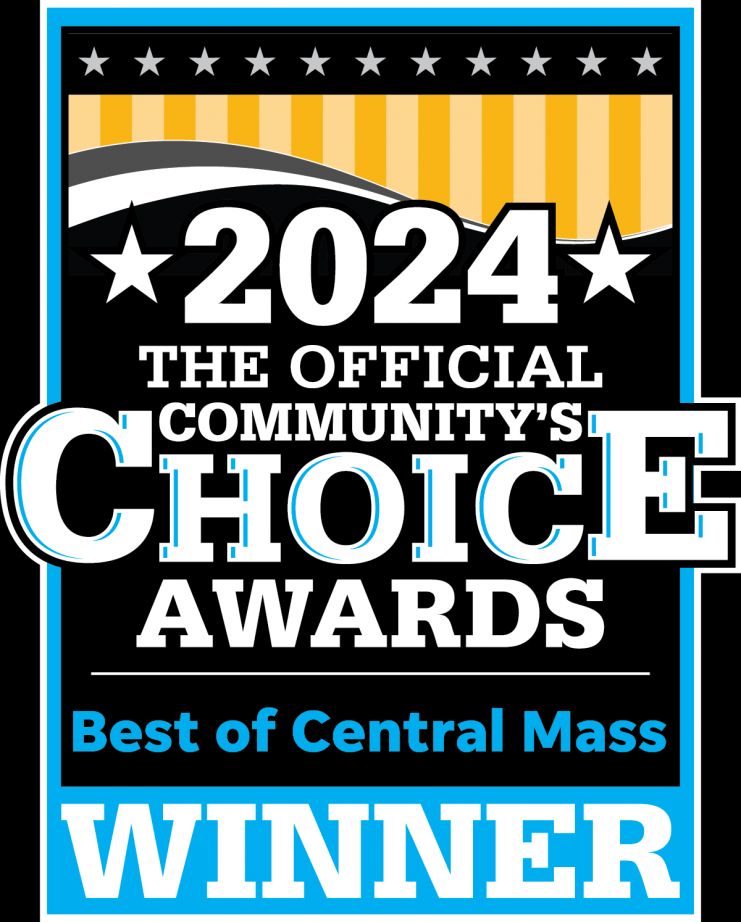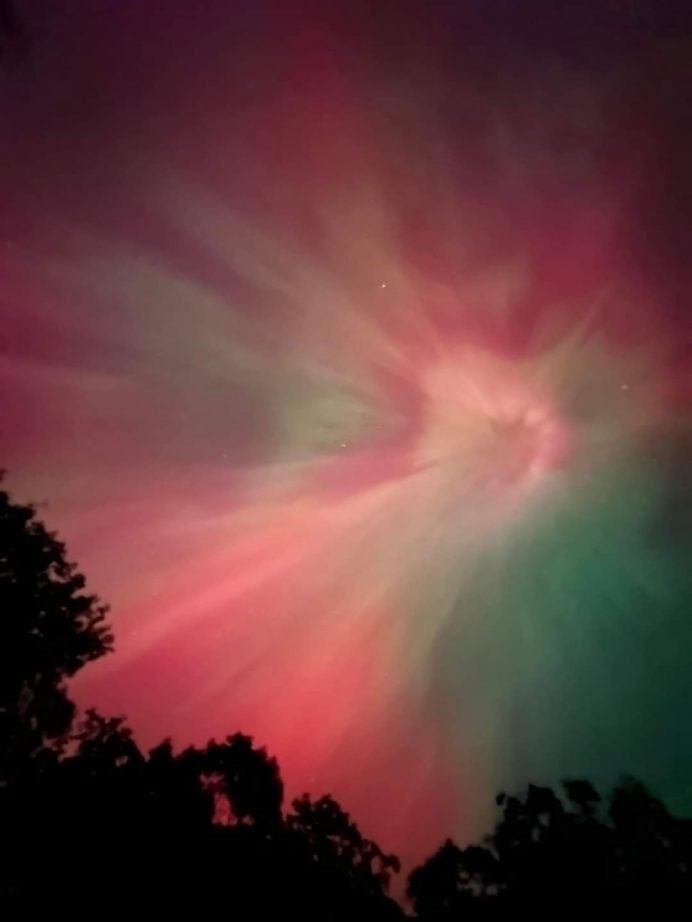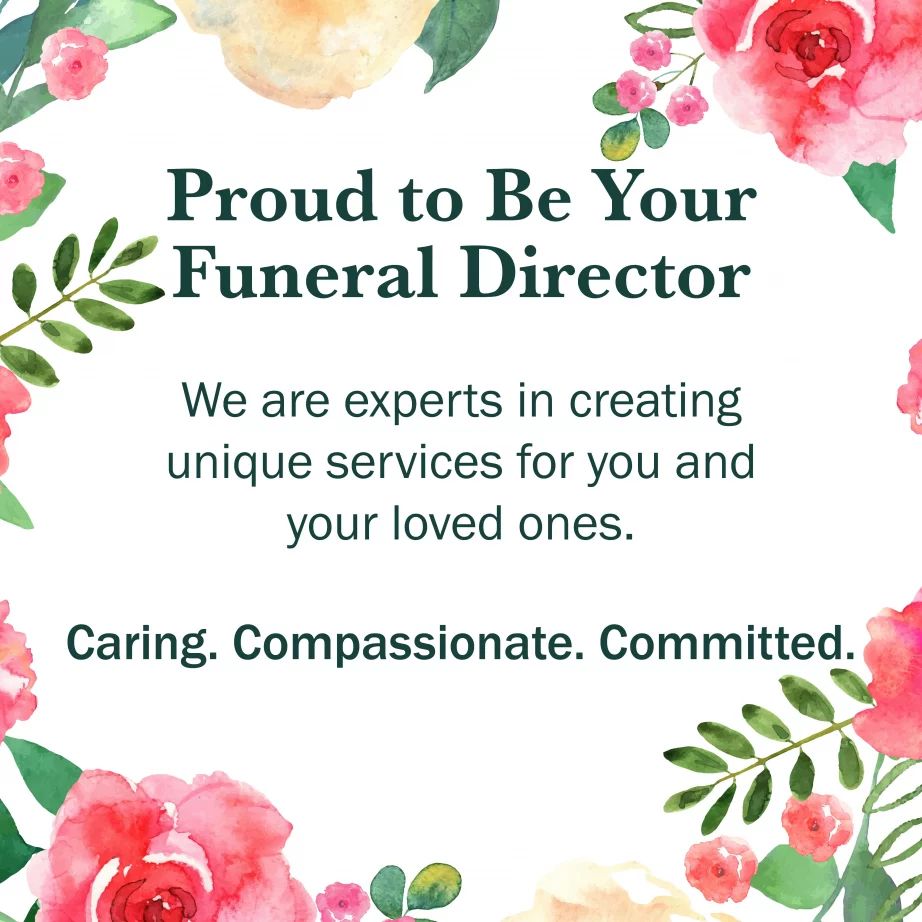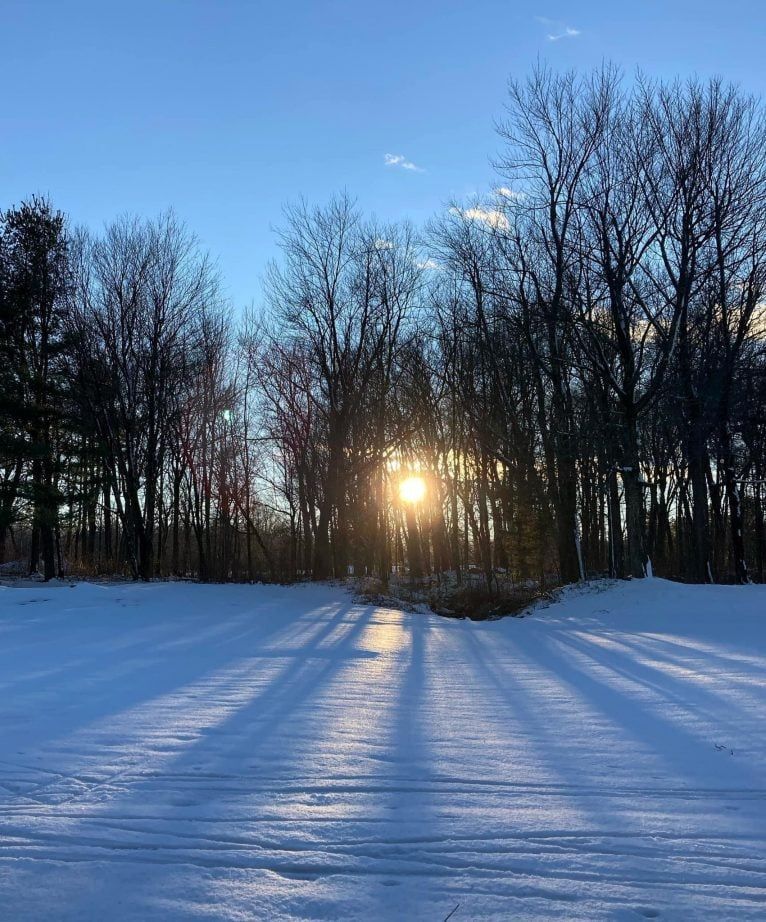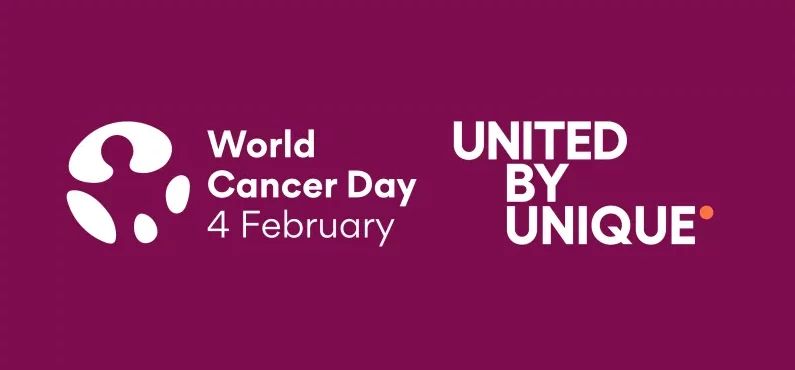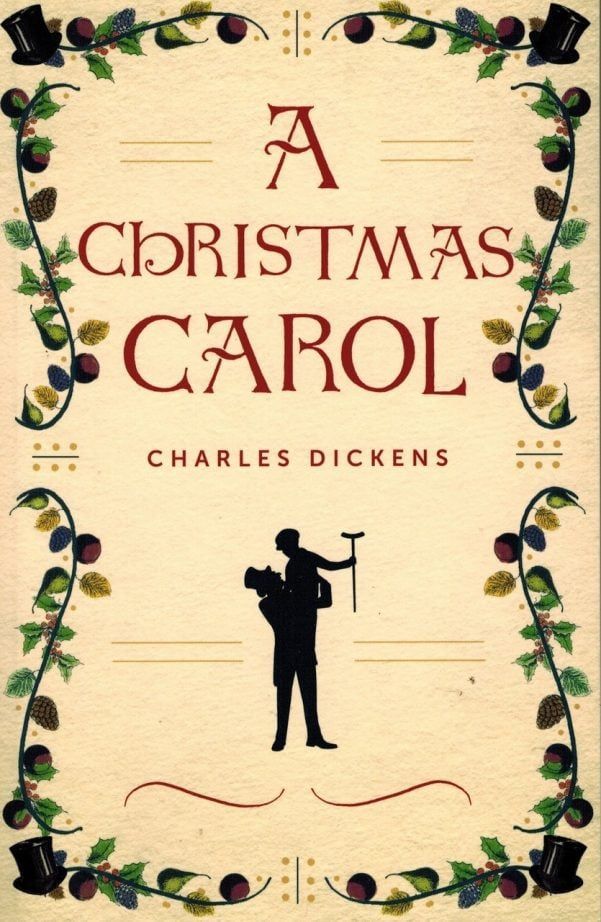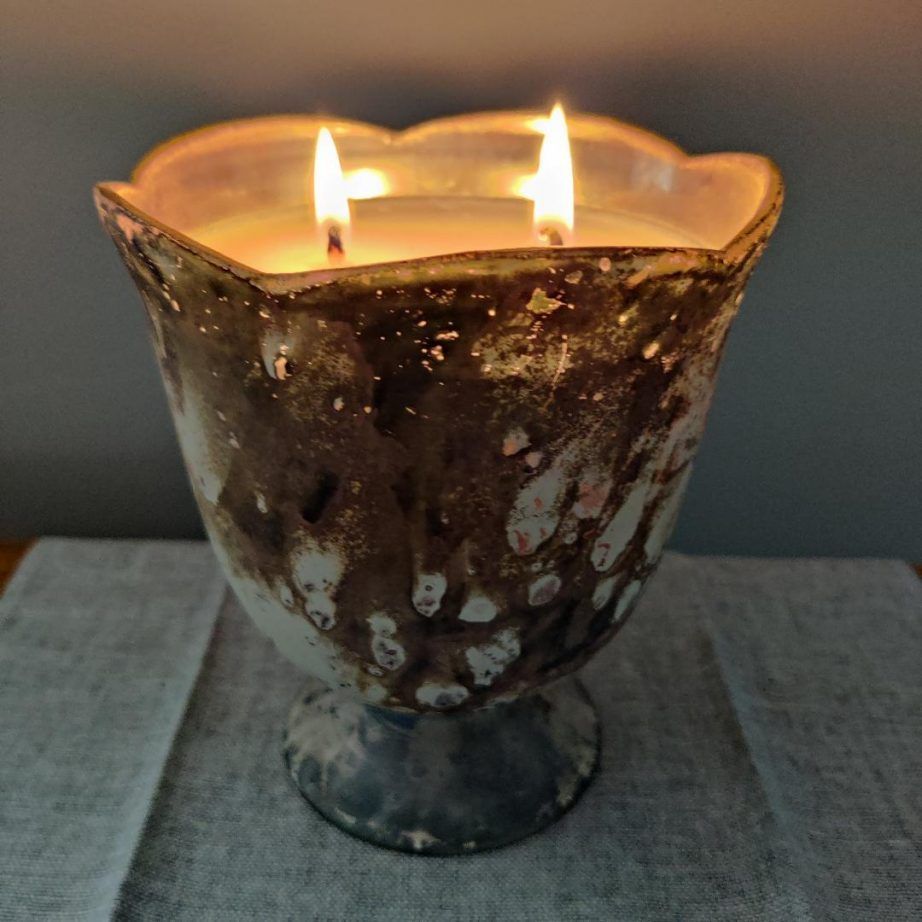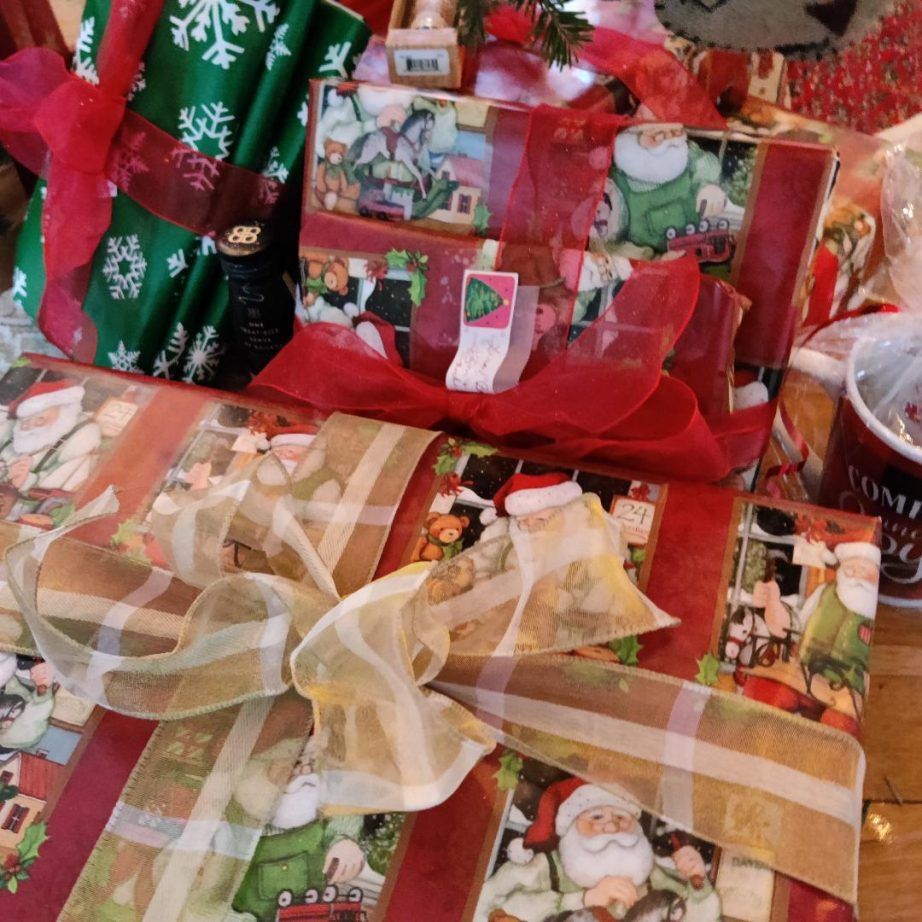The Changing Face of Funerals
“As you participate, you remember. As you remember, you grieve. As you grieve, you love.”
Recently I attended the funeral of a 90-year-old family member. With the exception of the wake immediately preceding the funeral and burial, it was structured exactly as our family funerals when I was a child. We gathered at the funeral home where family and friends came to offer condolences, we traveled in procession to the church for a formal religious ceremony and again in procession to the cemetery for prayers and burial. Then we gathered for a meal at a local restaurant. Two days later, on a Sunday morning, I presided at an outdoor funeral surrounded by the beauty of the mountains. Designed with the family, the celebration included prayers, music, readings and a eulogy, followed by a meal.
While funeral rituals have changed, the purpose of a funeral has not. Funerals remember, honor and celebrate the life of the deceased and comfort the bereaved. While the format or setting may be vastly different, a meaningful ritual honors a life and offers communal and personal healing.
Four years ago AARP ran an article that began this way: “Traditional funerals are on their death bed. More people are skipping the two days of visitation, religious service and burial of an embalmed body in a casket that can cost as much as a used car, and instead opting for funerals that are easier on the planet and the budget. They’re going for more personal rituals, too, that break the rigid customs that became the norm in the 20th century.” (https://www.aarp.org/home-family/friends-family/info-2017/funeral-ceremony-trends-fd.html)
Traditions wax and wane as practices adapt to meet cultural change, scientific knowledge, or personal need. Perhaps, the greatest change in funeral preparation is that many people, principally those without a religious affiliation, now have the responsibility for designing the ritual that will celebrate the life of their deceased loved one. In many cases, what has previously been the work of the minister and funeral director is by choice assumed by the family. That families are taking a more active role is wonderful. It helps professionals better meet a family’s need and according to research is beneficial to the grief process. In the best circumstances professionals and bereaved families work collaboratively to create a meaningful, healing experience.
In her book Remembering Well: Rituals for Celebrating Life & Mourning Death, Unitarian Universalist minister Sarah York speaks to people who do not want a religious or spiritual context for ritual as well as those who do. When it comes to why families should participate in planning a meaningful ritual for their deceased loved one, Sarah puts it perfectly: “As they participate, they remember. as they remember, they grieve. As they grieve, they love.” She also speculates on a growing trend to forego funeral services:
“I believe that most people who choose to avoid ritual, however, do so for one of two reasons. Either they do not want to deal with the emotions that are evoked by death, or they cannot conceive of a ritual apart from a traditional religious context that is not relevant for them.”
Research from Covid practices shows that people’s ability to participate in creating ritual for their loved one had the greatest impact on their grief journey. Many mental health professionals are now reporting an increased number of clients experiencing delayed or unresolved grief because Covid restrictions prevented a formal funeral. The value of community support and the practice of formally honoring a life that intimately affected us is clear. The challenge is in planning rich and meaningful ritual.
Funeral home professionals have a plethora of ideas and resources to help families create meaningful experiences. Before we throw out the baby and the bath water, we should pause to consider the positive effects of ritual and as we make a cultural change in the way we approach funerals, we should preserve the two-fold practice of honoring the dead and comforting the bereaved.
